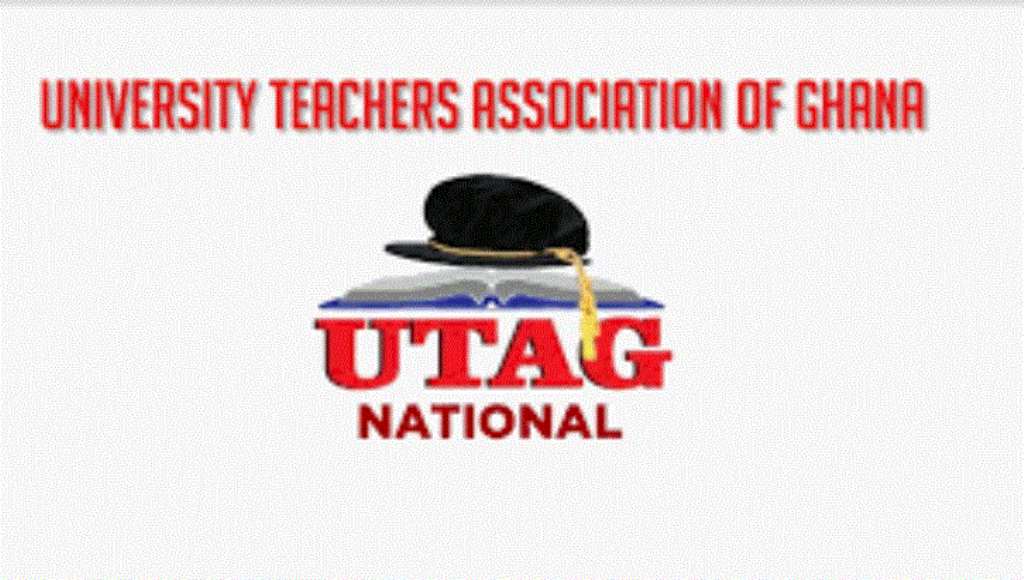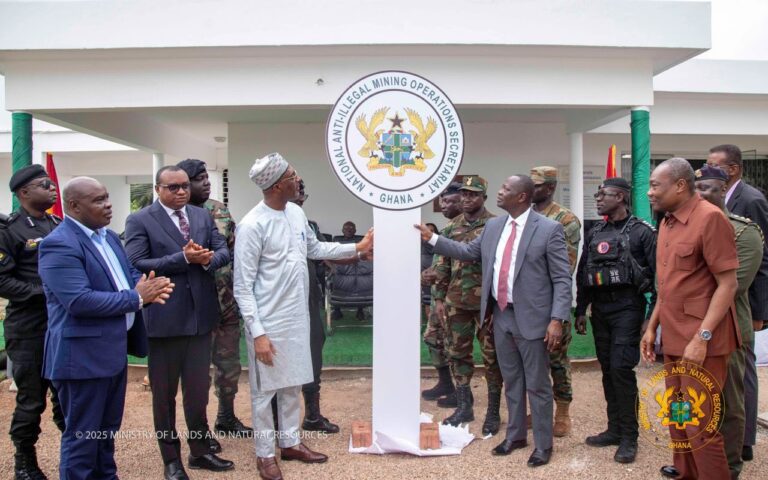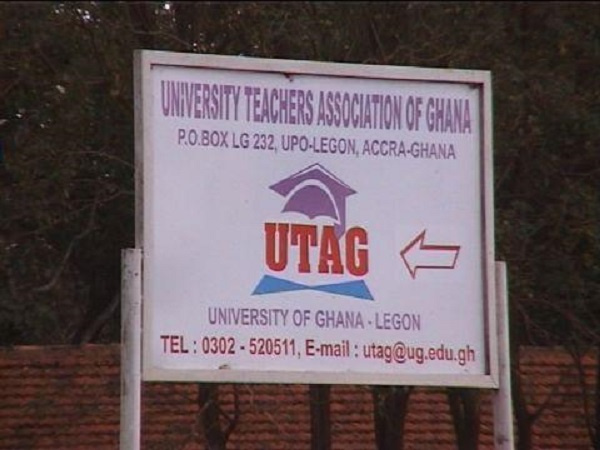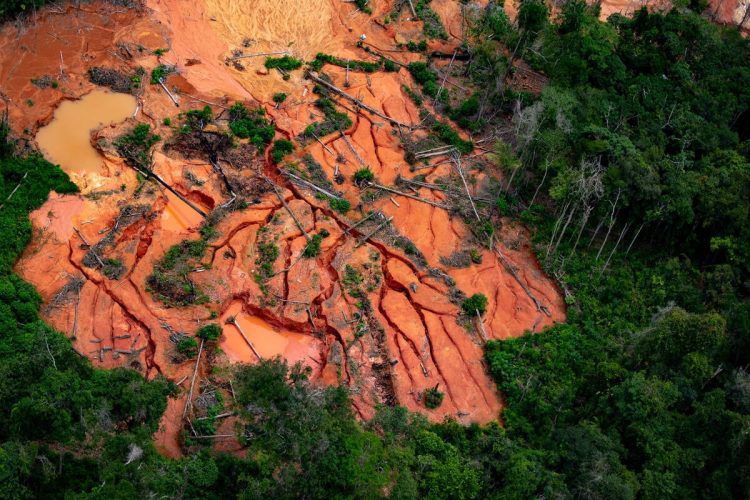The University Teachers Association of Ghana (UTAG) has accused political actors and sections of the country’s elite of undermining Ghana’s efforts to combat illegal small‐scale mining (locally known as “galamsey”), warning that such interference continues to weaken environmental protection initiatives.
In a statement issued in Accra on 4 November 2025, signed by National President Prof. Vera O. Fiador and National Secretary Dr. Samuel Kingsford Seglah, the association pointed to a recent reported attack on officials of the National Anti-Illegal Mining Operations Secretariat (NAIMOS), allegedly involving the Member of Parliament for Asutifi North, Ebenezer Kwaku Addo. The incident reportedly led to the unlawful release of suspects arrested for illegal mining — an event UTAG says signals deeper flaws in governance.
According to UTAG, the episode is “symptomatic of entrenched political interference, impunity, and elite complicity that continue to undermine national anti-galamsey efforts.” The association described the development as “an affront to the rule of law and a betrayal of public trust.” It has called for an independent and transparent probe into the attack and the subsequent release of suspects, emphasising that justice must be delivered “without fear or favour.”
Politicians in galamsey
Illegal mining continues to threaten Ghana’s environment and economy, destroying farmlands, contaminating water bodies, and depleting biodiversity. UTAG warned that the survival of Ghana’s rivers, forests and communities is inseparable from the nation’s long-term sustainability.
When political figures or influential elites are perceived to shield or enable galamsey activities, the credibility of government enforcement efforts weakens. Such interference erodes public trust, discourages investment in sustainable mining, and prolongs environmental degradation. For a country heavily reliant on agriculture and natural resources, this challenge has direct implications for livelihoods and national development.

UTAG, representing more than 7,000 lecturers and researchers across the country, has long advocated stronger environmental governance and more decisive action against galamsey. The association’s ongoing campaign focuses on promoting scientific, legal, and civic interventions to support environmental restoration and responsible resource management.
Earlier in 2025, UTAG urged the government to honour commitments to curb illegal mining, noting that despite previous investigations into politically connected individuals, enforcement remained inconsistent. The group’s renewed call comes amid growing public frustration over persistent reports of official interference in anti-mining operations.
The association’s reference to the alleged involvement of the Asutifi North MP in the NAIMOS incident adds to a pattern of similar controversies. Over the years, civil society organisations and local media have documented several cases where local power holders have been linked to illegal mining networks or accused of obstructing enforcement operations.
The environmental consequences remain severe. As of 2025, the Ministry of Lands and Natural Resources reported that more than 40 forest reserves across the country have been invaded by illegal miners. Major water bodies — including the Pra, Ankobra, and Tano rivers — show alarming levels of contamination, affecting drinking water and irrigation systems.
UTAG’s engagement of academic researchers in the anti-galamsey campaign highlights the growing role of universities in environmental policy advocacy. This approach links research evidence with public action, signalling a shift from treating galamsey solely as a security problem to understanding it as a multidimensional governance and sustainability challenge.

UTAG’s statement points to three interrelated governance failures undermining Ghana’s anti-galamsey fight:
- Political interference — when elected officials or party operatives enable or obstruct the enforcement of mining laws.
- Elite complicity — when well-connected individuals or businesses facilitate or benefit from illegal mining activities.
- Weak rule of law — when suspects are released unlawfully, investigations are delayed, or prosecutions fail to proceed.
For Ghana to make lasting progress, UTAG argues, institutions must operate transparently and uphold the law regardless of political influence. Effective oversight, accountability, and consistent enforcement are crucial to preserving natural resources and protecting public health.

UTAG’s warning underscores that Ghana’s struggle against illegal mining is not merely an environmental issue but a test of governance and institutional integrity. Without strong political will and accountability, the social and ecological damage caused by galamsey will continue to threaten the nation’s future.
As Ghana pursues sustainable development goals, restoring public confidence in the rule of law and ensuring that leaders act beyond partisan interest will be key steps toward genuine progress.

